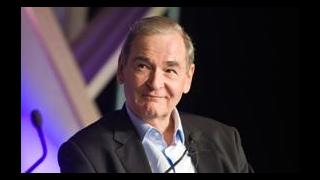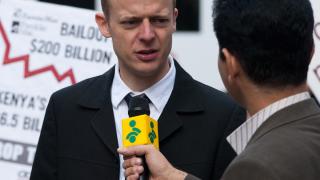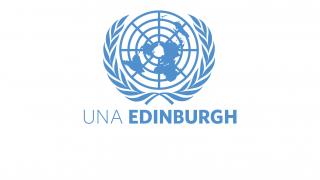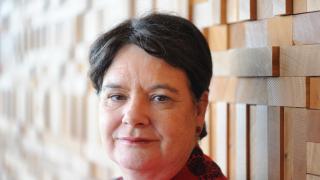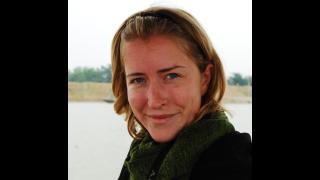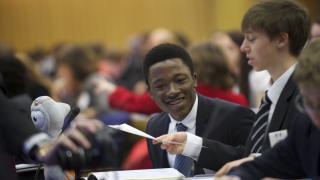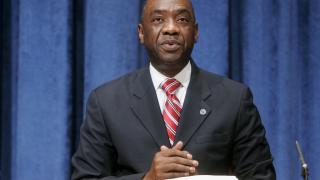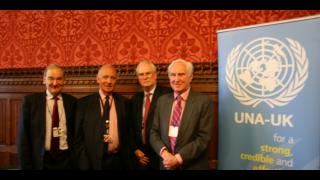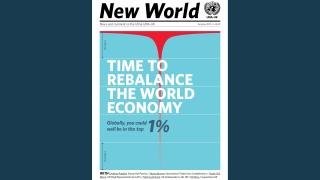
The Eurozone and the Arab Spring – a sustainable relationship?
Recent political changes in the Middle East and North Africa shared key themes – a rejection of chronic unemployment, high inflation, poverty, and the lack of progress in development issues. With new governments now installed in some of these countries, how confident should we be that they are capable of addressing the economic problems in the region, particularly given the current climate of financial turmoil in Europe, their biggest trading partner?
There is no simple answer, particularly given the vast differences between each Arab state and the varied political dynamics developing in the wake of revolution. Historically, ‘great revolutions’ have produced amazingly different outcomes, a wide spectrum of which are anticipated following the Arab Spring, ranging from conventional democracy (Tunisia), dysfunctional democracy (Egypt), military regimes (Libya, Syria, Yemen), restored authoritarianism (Morocco, Jordan), and even the possible descent into the quagmire of the failed state (Somalia and arguably Iraq).
Economic integration is a key pathway for Arab countries to grow sustainably and the international community must ensure the promise of the Arab Awakening is not compromised by the desertion of vital finance. The International Monetary Fund (IMF) predicts that the Eurozone economy, comprising 17 of the EU’s 27 members, will contract again by 0.5% this year. The Middle East market has already been hurt by capital flight and investor perception following the Arab Spring. According to the World Bank, foreign direct investment flows to the region fell by 7% in 2010 and by another 16% in 2011.
Such investment is essential to any stable financial, economic and political framework, and international investor scepticism post-Arab Spring is primarily due to the opaque nature of the region’s politics. Much has been made of the EU’s efforts to support democratic and economic transitions through trade and investment instruments. The Deep and Comprehensive Free Trade Agreements (DCFTAs) proposed by the European Commission as part of its ‘three Ms' framework’ (money, market access and mobility) offer a meaningful vehicle for engagement with the new Arab democracies. Despite this, the Eurozone crisis is hitting the region hard. Depreciating currencies could offset sluggish demand from the EU. Some experts say that if the dollar gains relative to the euro, many economies in the Middle East and North Africa that peg their currencies to the dollar would see their exports become more expensive. This can only be detrimental for the development of the region.
The EU retains the potential to respond strategically to the Arab Spring, but is not yet getting beyond declarations. The success of the Arab political awakening will greatly depend on whether it is soon accompanied by an Arab economic awakening. The region faces a lack of competitiveness across the board, and there are major domestic reforms needed in nearly all the countries involved. Economic reform and stability in these countries largely depends on whether the international community can help these new Arab democracies achieve results through in growth and employment through much needed investment.
Sabika has an MSc in Analysis, Design and Management of Information Systems from the London School of Economics and is currently a Programme Development Intern at UNA-UK. She has previously worked as a Young Professional Officer at the UNDP office in Pakistan.


